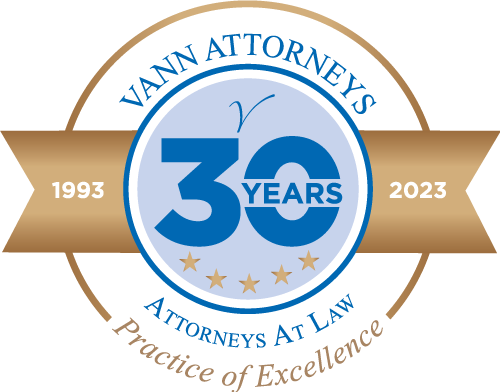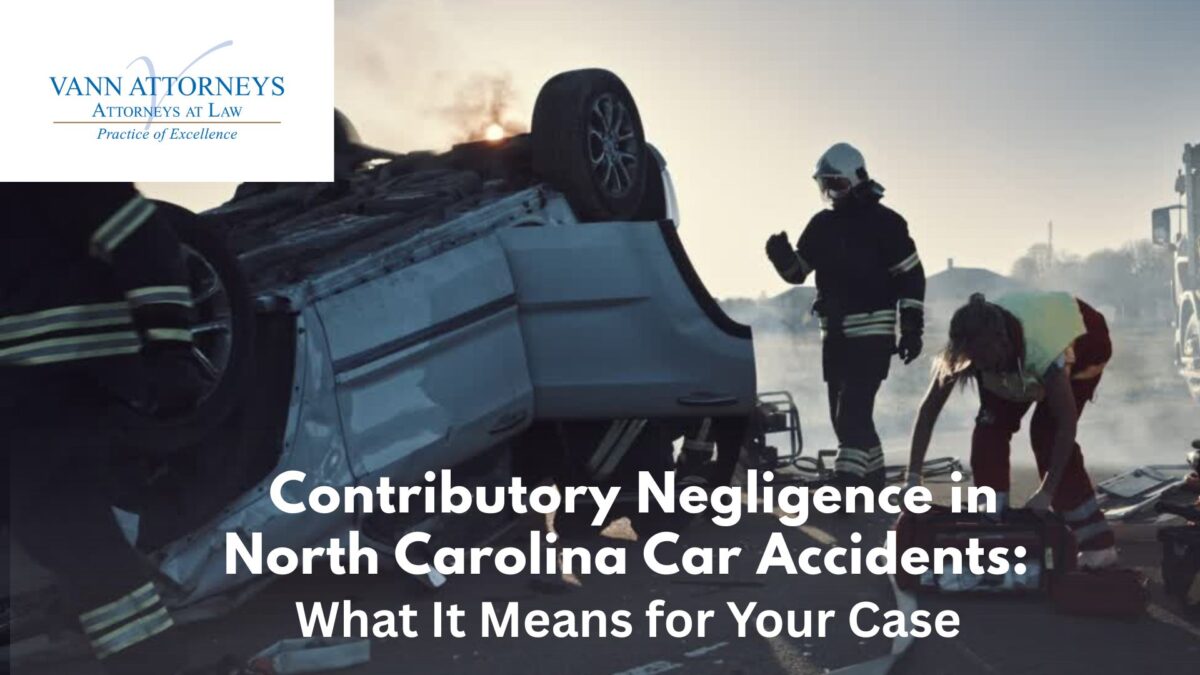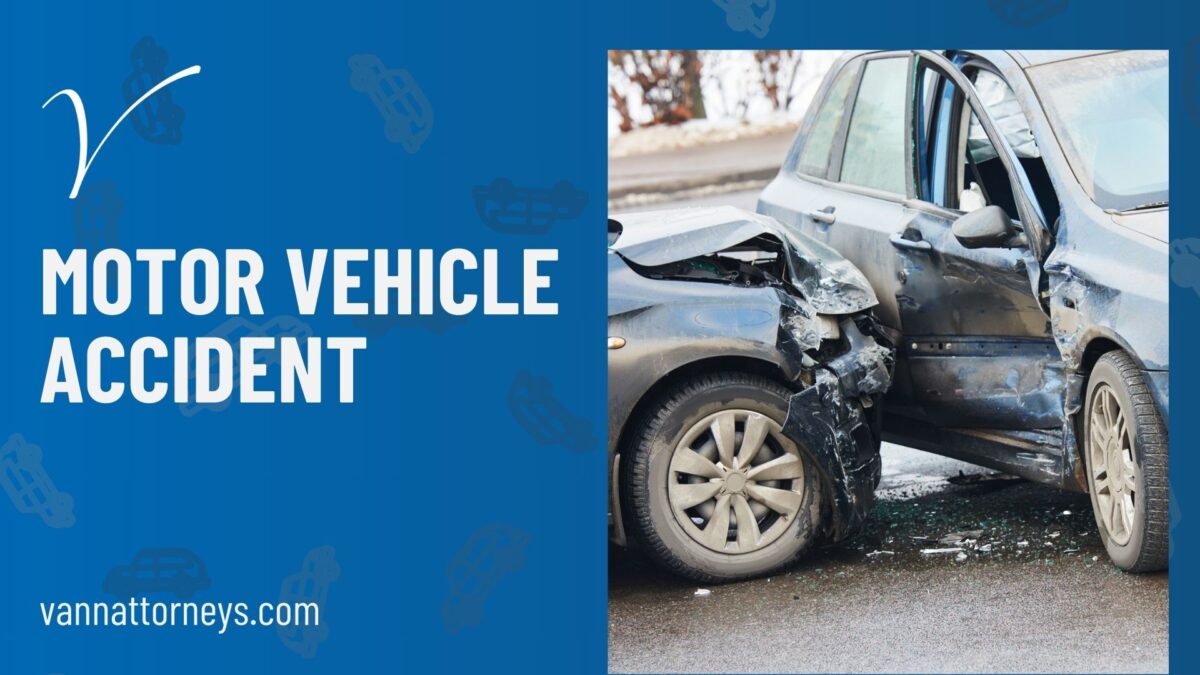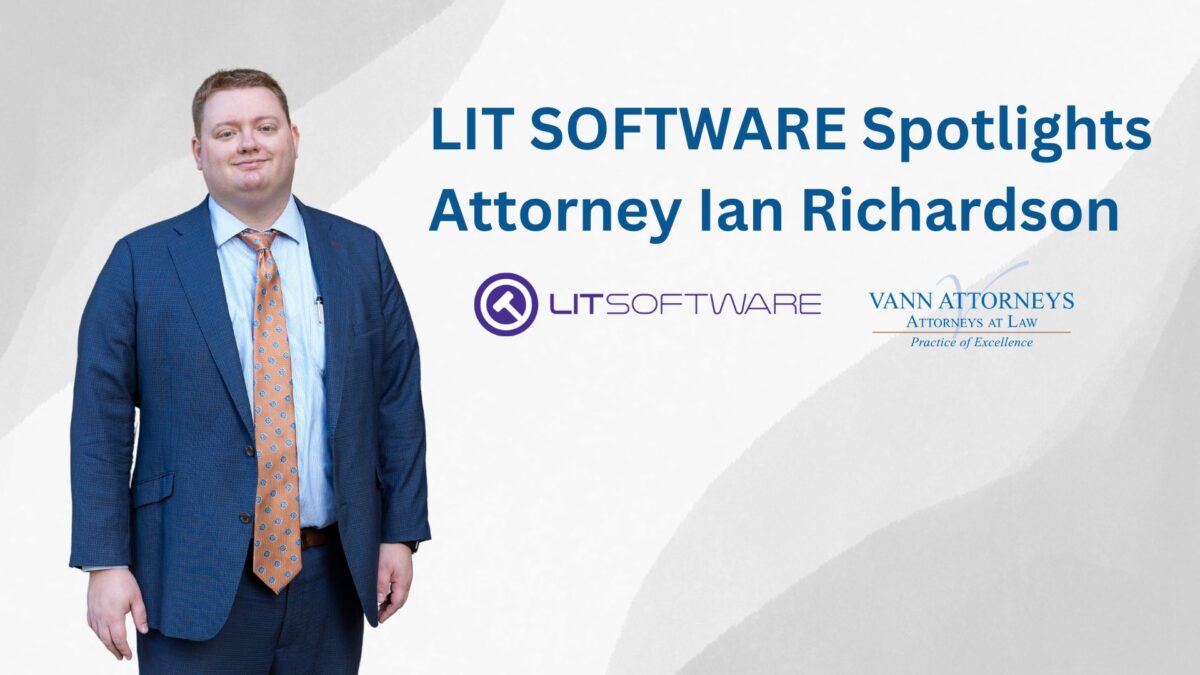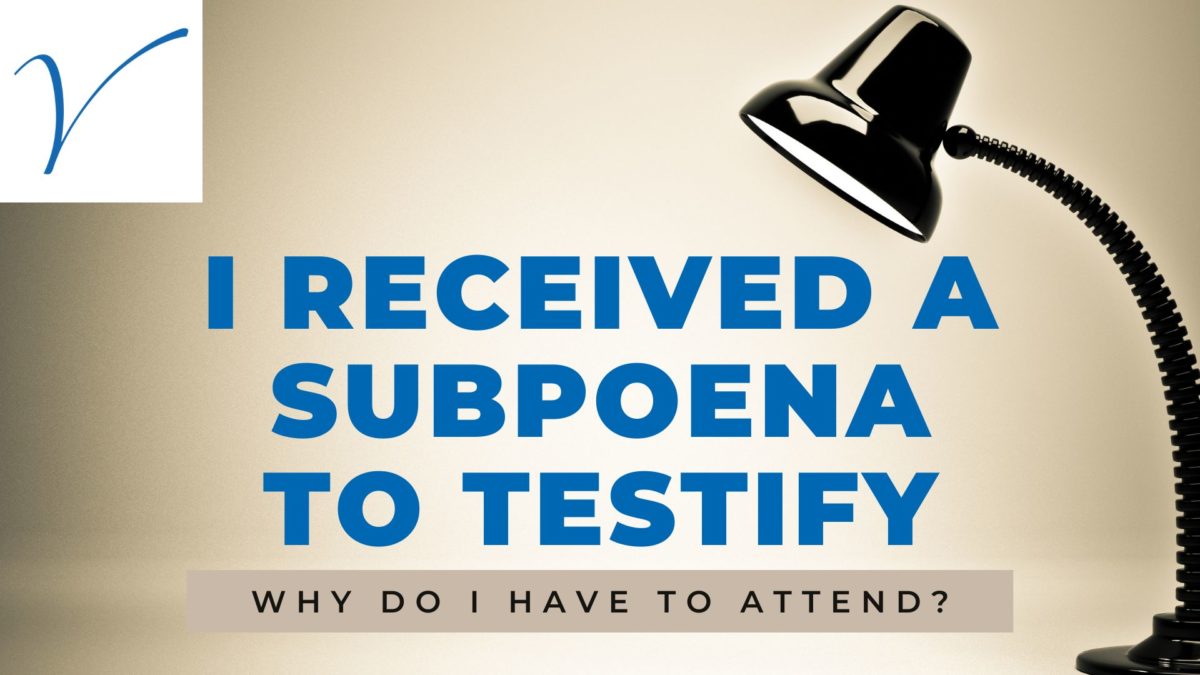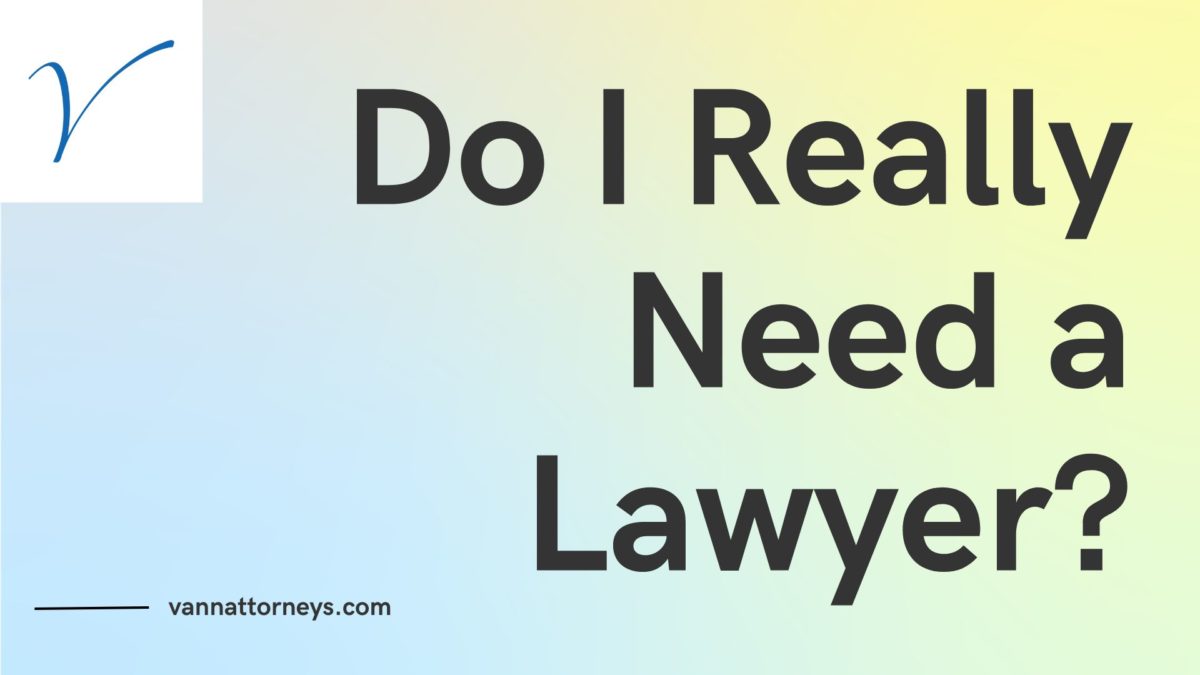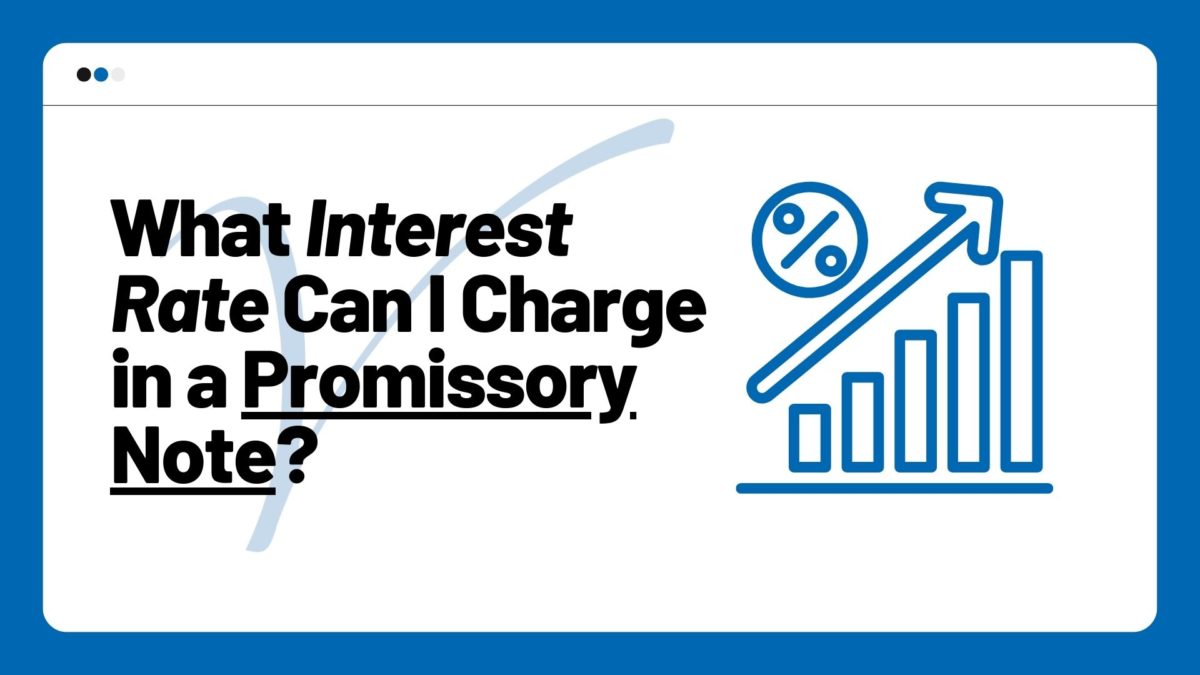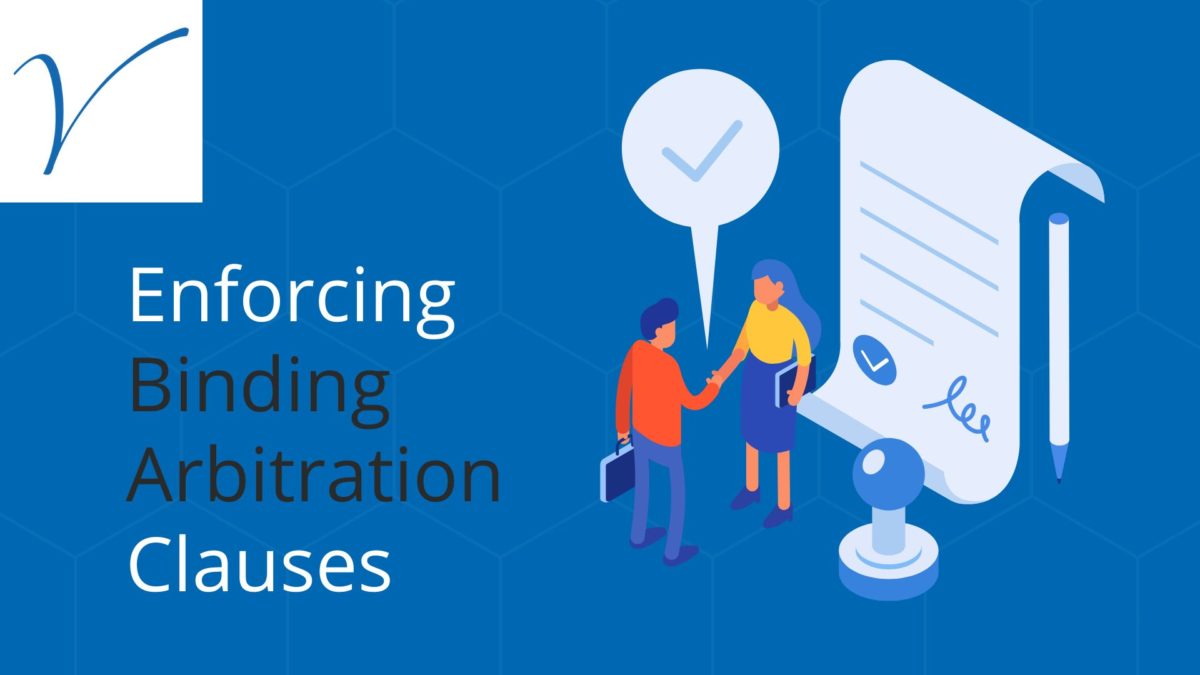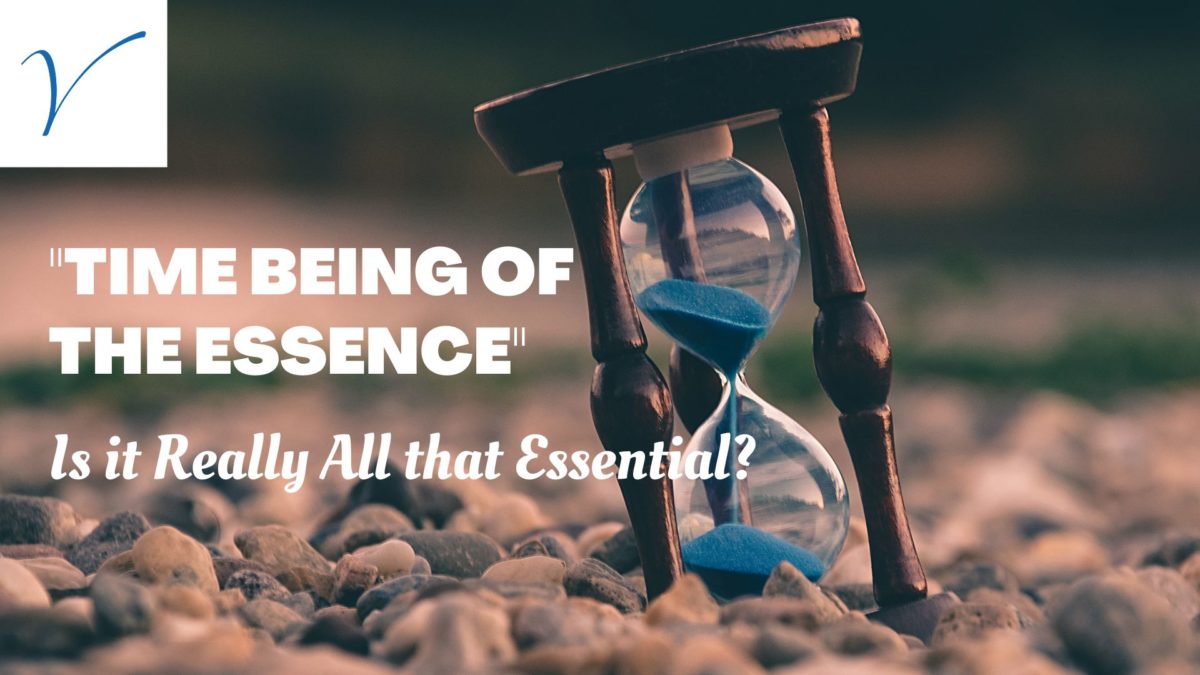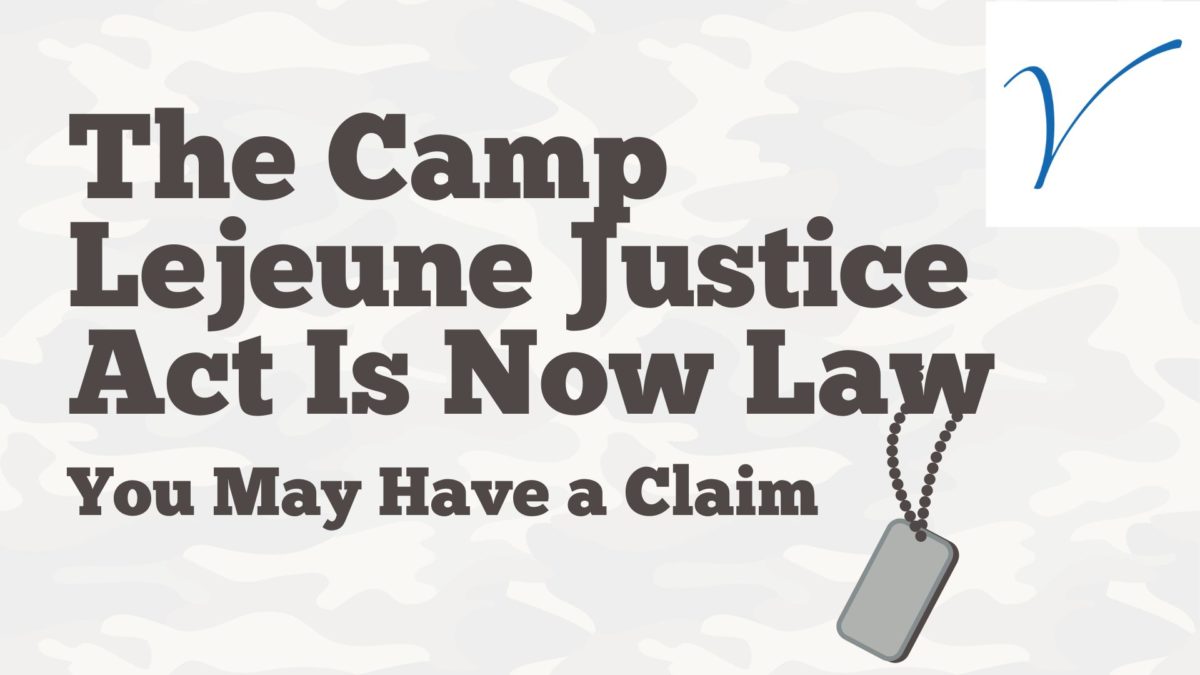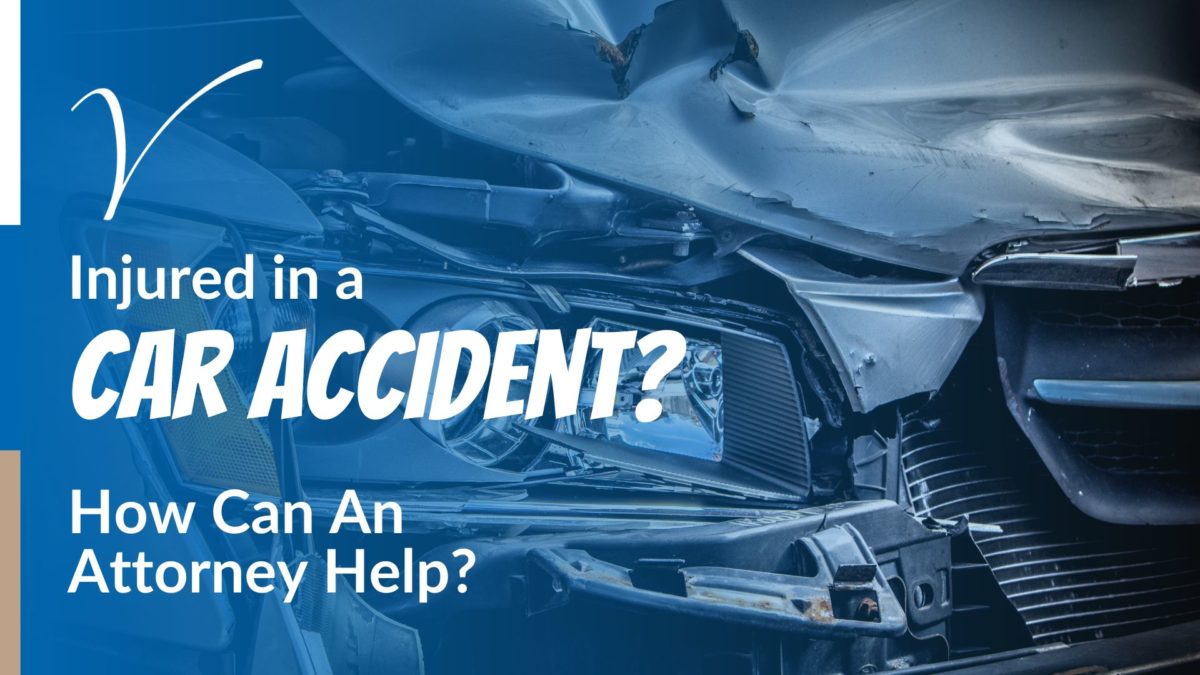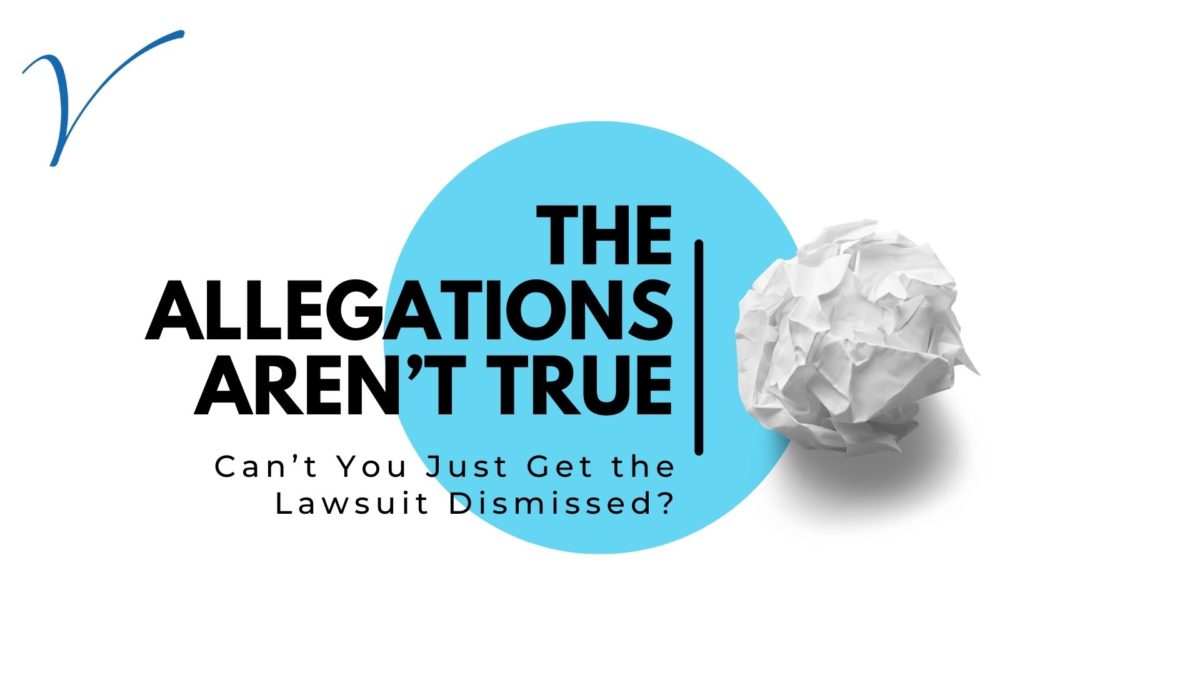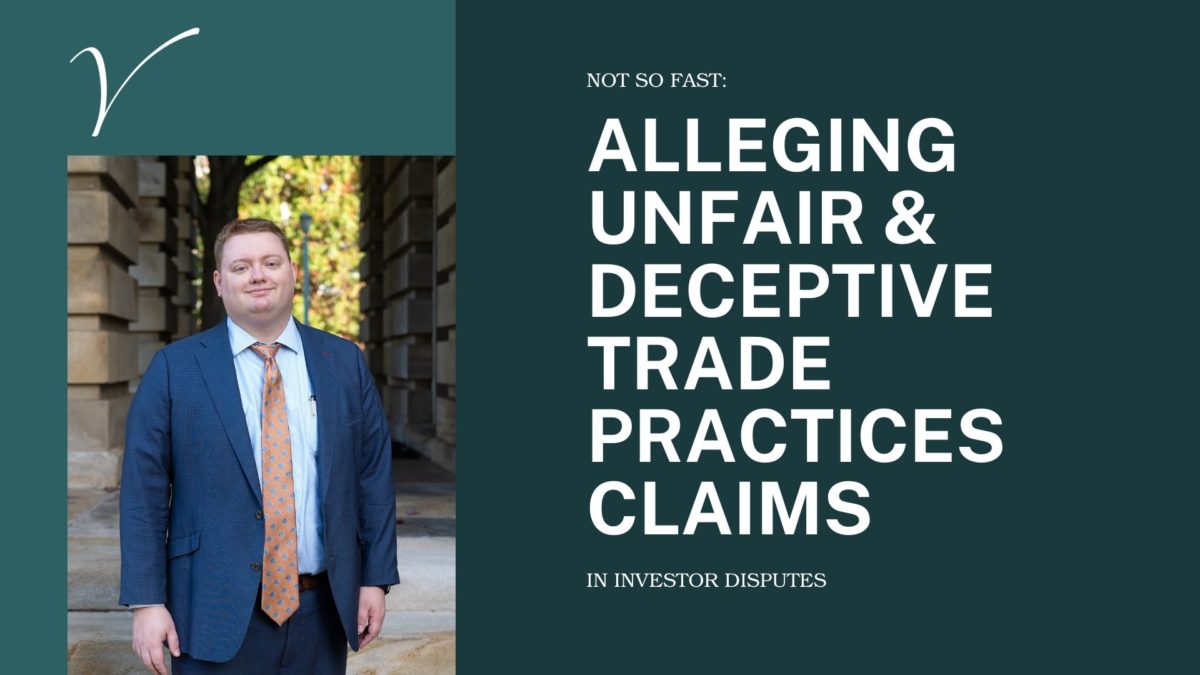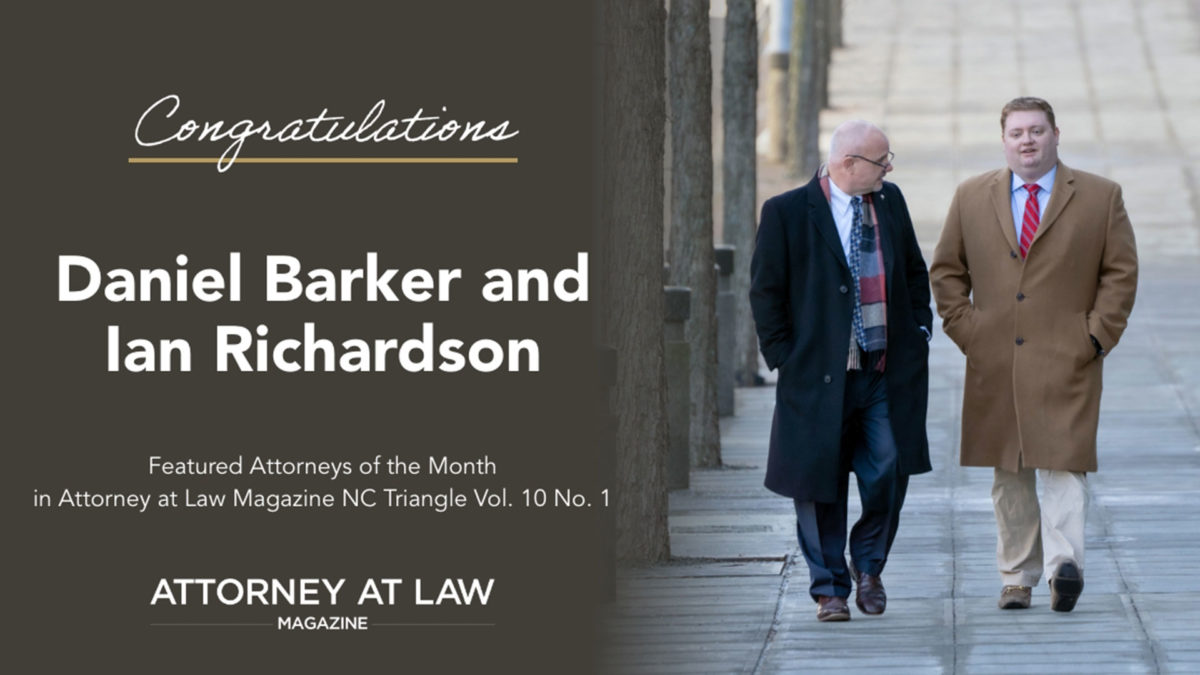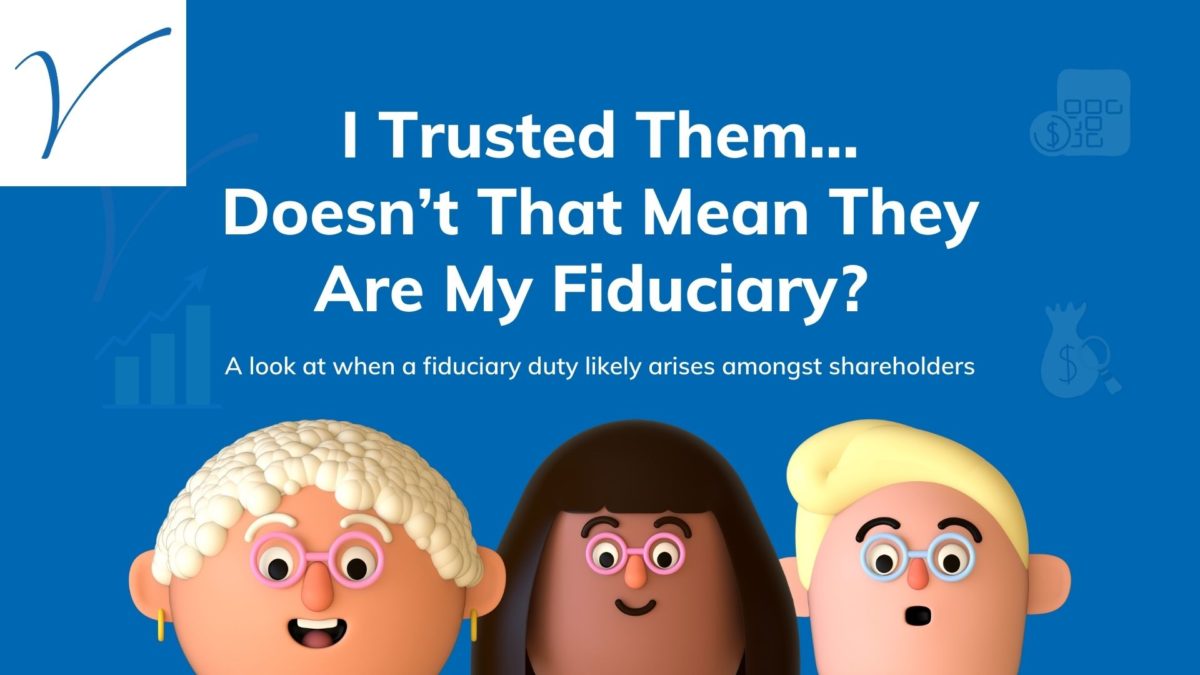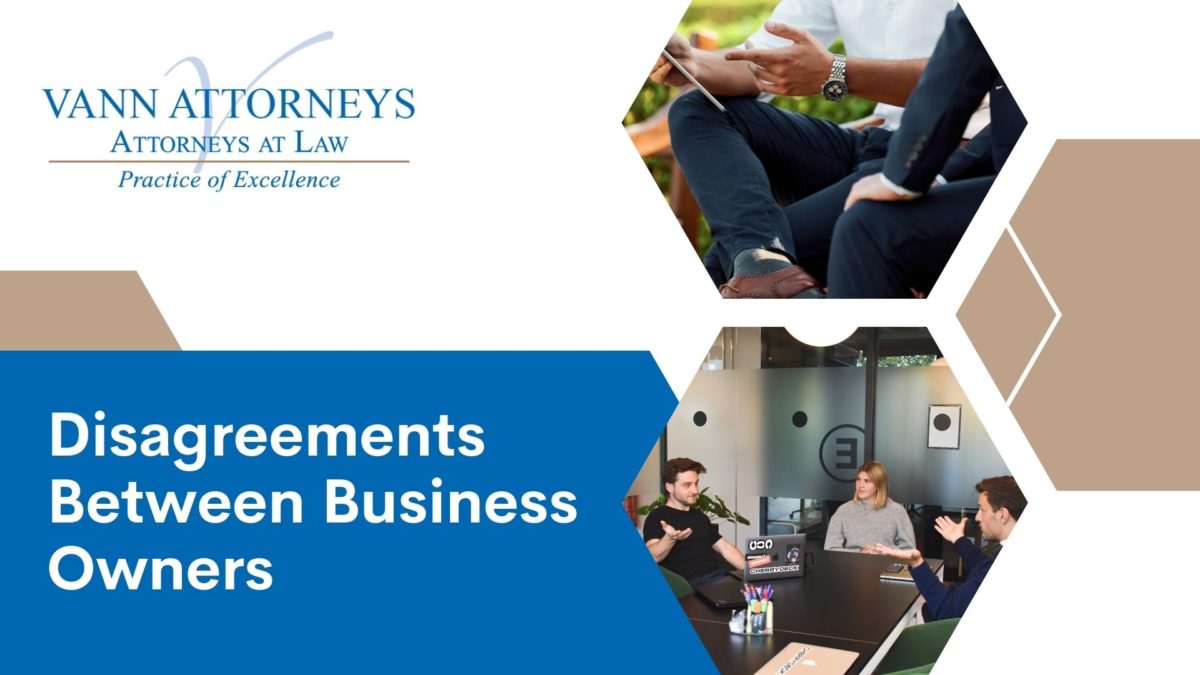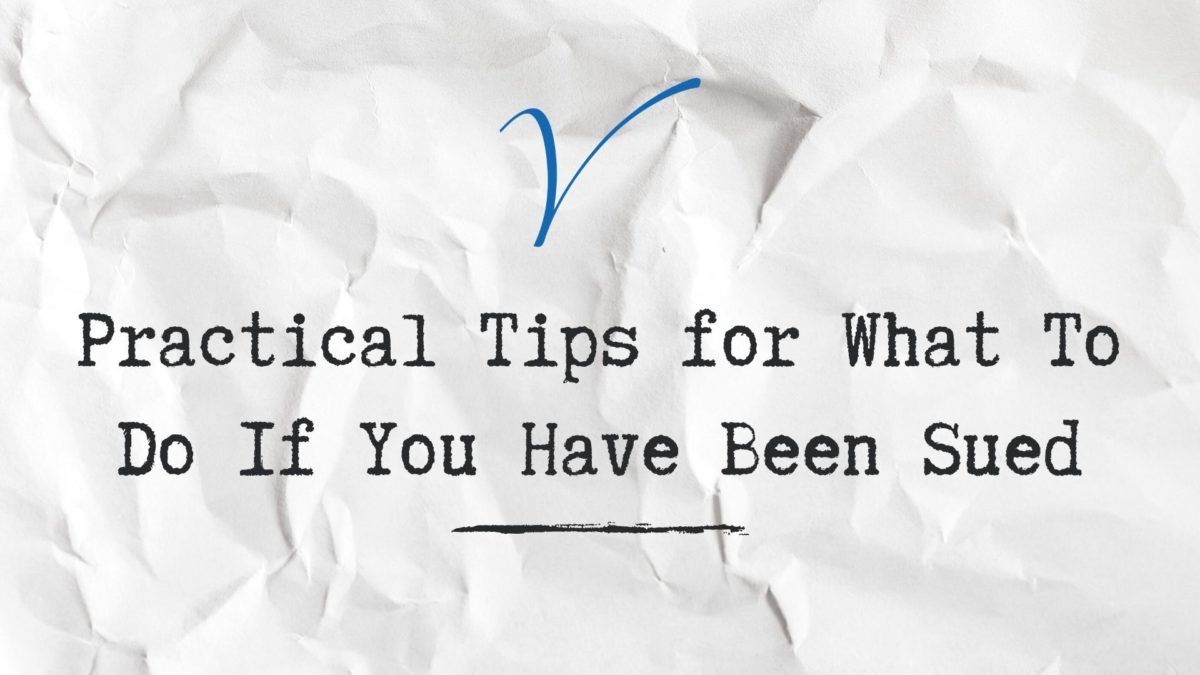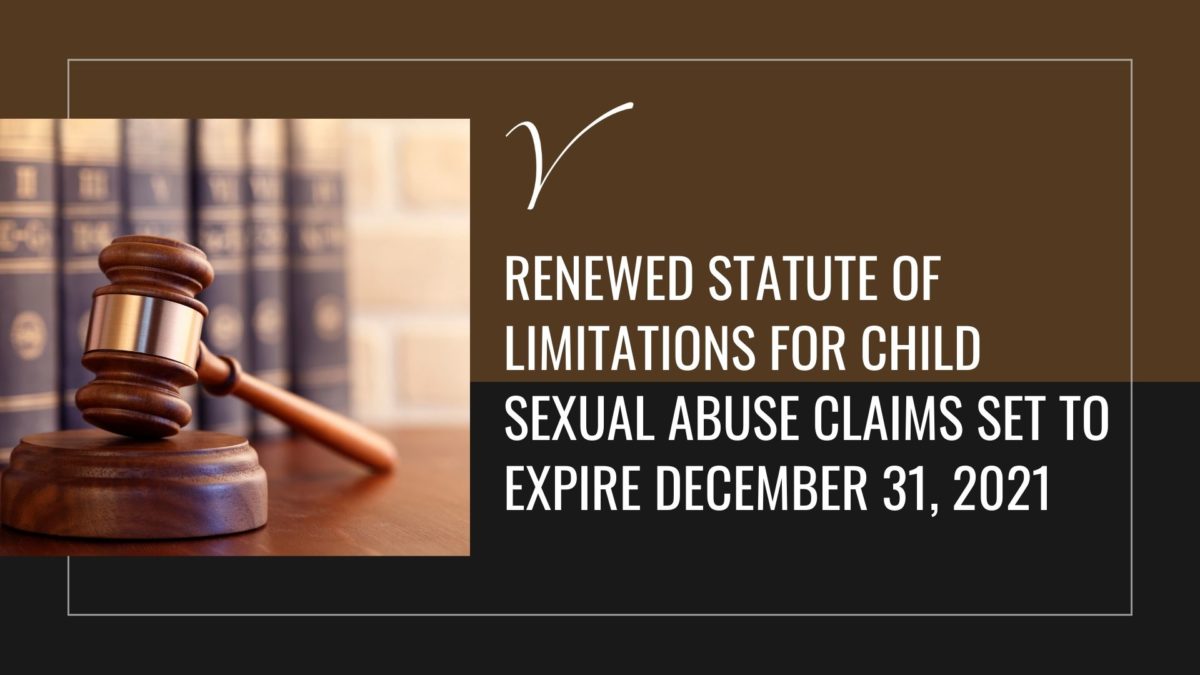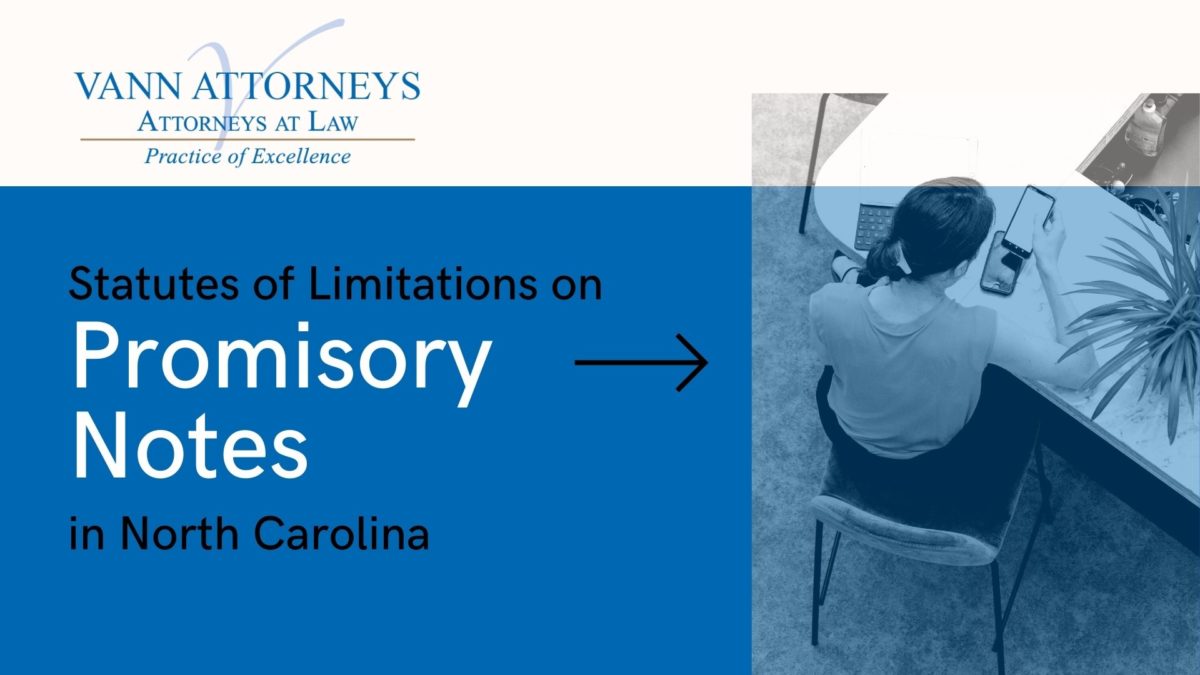Being in a car crash is a difficult and frustrating experience under the best of circumstances. Even if you were not injured in the wreck, you will likely be without your car for a significant period of time while it is being repaired. If you were injured in the wreck, you have to focus on healing from your injuries while also likely navigating through a stack of confusing, and at times very expensive, medical bills. An attorney cannot take away the frustration or pain you are experiencing. However, an experienced personal injury attorney can help make sure you are treated fairly by the at-fault driver’s insurance company, and work to maximize the compensation to you for your pain, suffering, and frustration.


